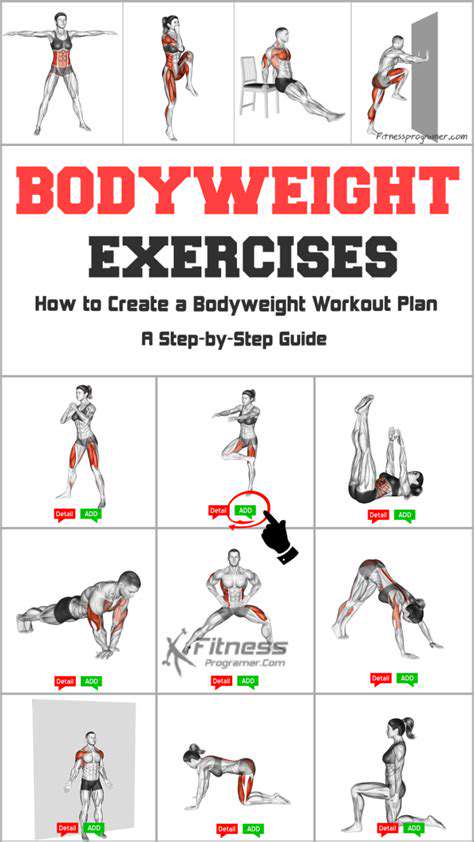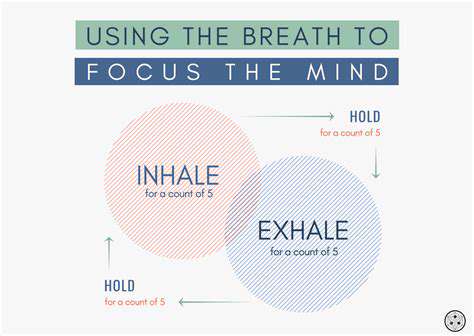Guide to Practicing Emotional Intelligence
Understanding the Core Components
Emotional intelligence (EQ) goes beyond mere self-awareness—it's a dynamic interplay of self-regulation, motivation, empathy, and social aptitude. Mastering these elements transforms how we engage with others and ourselves, creating ripples across both personal and professional landscapes. Rather than just identifying emotions, it's about harnessing them to foster meaningful connections and make wiser decisions.
This journey requires noticing recurring emotional patterns, pinpointing what sparks them, and crafting personalized strategies for healthier responses. Like tending a garden, it demands consistent attention and adaptation to flourish in diverse social environments.
Self-Awareness: The Bedrock of EQ
True self-awareness acts as the compass for emotional intelligence. It's not simply labeling emotions but tracing their roots and recognizing how they steer our choices. When we honestly assess our strengths, limitations, and core values, we gain power over our reactions. This clarity becomes armor against life's unpredictability, allowing us to respond rather than react.
Self-Regulation: The Art of Emotional Alchemy
Where self-awareness identifies emotions, self-regulation transforms them. It's the practiced ability to pause before speaking in anger, to breathe through frustration, and to channel nervous energy productively. Those who master this don't suppress emotions—they become skilled conductors, orchestrating their feelings to create harmony rather than discord.
Motivation: The Inner Fire
Intrinsic motivation separates those who persevere from those who plateau. It's the quiet voice that says try again after failure, the commitment to growth beyond external rewards. When our actions align with deeply held values, obstacles become stepping stones rather than roadblocks. This self-sustaining drive fuels both personal evolution and professional excellence.
Empathy: The Bridge Between Worlds
Empathy dismantles barriers by inviting us to experience life through others' eyes. It's more than understanding—it's feeling with someone. In boardrooms and living rooms alike, this skill transforms transactions into relationships. The most effective leaders and loved ones share this trait: they listen not to reply, but to truly comprehend.
Social Skills: The Dance of Connection
Polished social skills turn emotional awareness into tangible results. They allow us to navigate conflicts with grace, celebrate others authentically, and communicate needs clearly. Like any art form, these skills blend instinct with practice—reading unspoken cues, adapting to different personalities, and maintaining connection even during disagreement.
Mastering Self-Awareness: The Foundation of Emotional Intelligence
The Mirror of Self-Understanding
Peering into our emotional mirror reveals what drives our best and worst moments. This clarity becomes our greatest ally in relationships, helping us distinguish between temporary feelings and core truths. Those who cultivate this awareness move through life with intention rather than impulse.
Mapping Emotional Triggers
Everyone carries unique trigger points—situations that spark disproportionate reactions. Identifying these isn't about avoidance, but about preparedness. Like a sailor studying weather patterns, we learn to navigate emotional storms by recognizing early warning signs and adjusting our course accordingly.
Values as Anchors
Our value system acts as an internal compass during life's storms. When consciously examined, these principles help filter decisions and relationships. The person who understands what they truly stand for rarely falters when challenged, because their choices flow from an authentic center.
The Practice of Reflection
Regular self-reflection acts as emotional hygiene. Whether through journaling, meditation, or thoughtful conversation, these practices create space between experience and reaction. Over time, this space becomes where our wisest self resides, offering perspective when emotions run high.
Developing Self-Regulation: Managing Your Emotional Responses
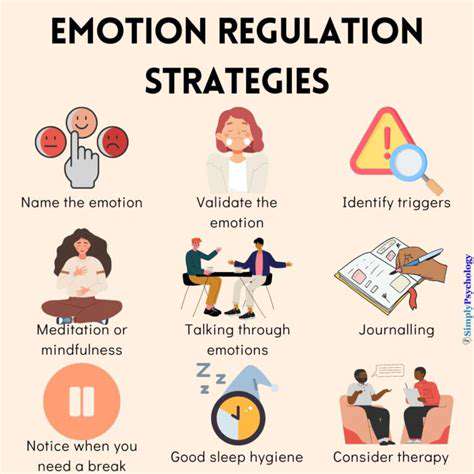
The Discipline of Emotional Mastery
True emotional freedom comes not from expression alone, but from thoughtful response. Self-regulation resembles a mental judo—using emotional energy skillfully rather than being overwhelmed by it. This discipline separates reactive individuals from those who respond with purpose.
Mindfulness as a Tool
Present-moment awareness creates a buffer between stimulus and reaction. Simple practices—conscious breathing, sensory focus, or pausing before speaking—build this muscle over time. Those who master mindfulness navigate life's turbulence with remarkable steadiness.
The Resilience Advantage
Well-regulated individuals don't avoid stress—they metabolize it differently. Like trees bending in wind rather than breaking, they absorb life's pressures while maintaining core integrity. This resilience makes them anchors during crises and steady partners in relationships.
For those with oilier complexions, product selection becomes particularly crucial. The right botanical oils can actually signal skin to balance its natural production, creating equilibrium rather than exacerbating shine. Jojoba's molecular similarity to human sebum makes it particularly effective for this delicate balancing act.

Read more about Guide to Practicing Emotional Intelligence
Hot Recommendations
-
*Guide to Managing Gout Through Diet
-
*Best Habits for Financial Well being
-
*How to Build a Routine for Better Mental Health
-
*How to Eat Healthy on a Budget [Tips & Meal Ideas]
-
*Guide to Practicing Self Acceptance
-
*How to Incorporate More Movement Into Your Day
-
*Guide to Managing Chronic Pain Naturally
-
*Guide to Building a Reading Habit for Well being
-
*Top 5 Weight Loss Supplements That Actually Work
-
*Best Exercises for Postpartum Recovery [Beyond Abdominal Work]
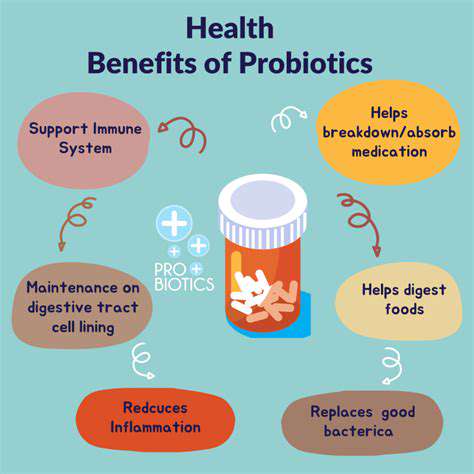

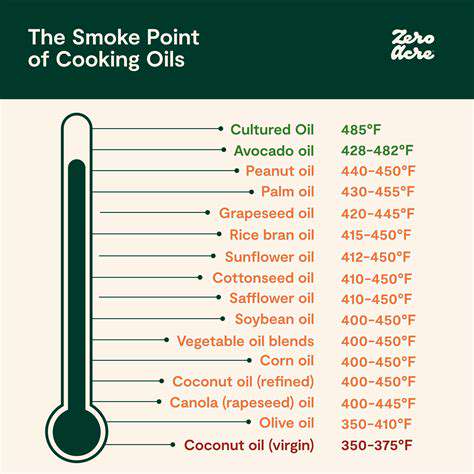
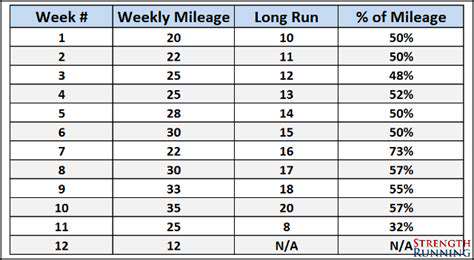
![Guide to Training for a Triathlon [Beginner Plan]](/static/images/26/2025-05/Running3ALayingtheGroundwork.jpg)

![How to Choose Sustainable Seafood [A Guide]](/static/images/26/2025-05/ExploringSeafoodChoices3ASpeciesandRegionalConsiderations.jpg)
